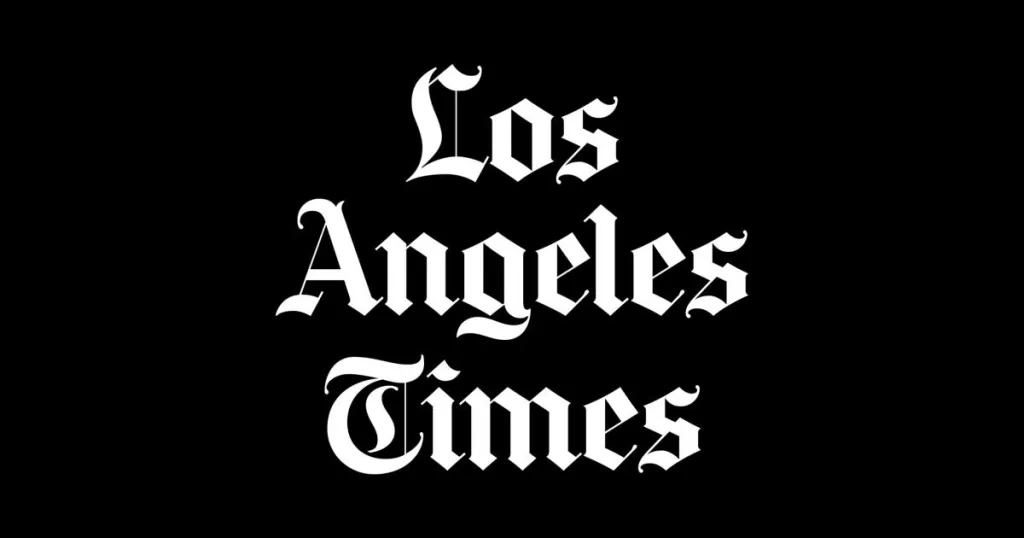Reporting from Washington — President Obama, in saying this week that his view of same-sex marriage is evolving, stirred expectations that he may announce a new position in coming months, fundamentally altering the national debate.
A declaration from a sitting president that he supports gay marriage would be “a game changer,” one proponent said, and would provide cover to other politicians, especially to local and state officials as they decide which way to vote on bills permitting gay couples to wed.
In a news conference Wednesday and in recent interviews, Obama signaled that his position favoring civil unions is not fixed and that he may one day conclude that a committed gay couple should have the same right to marry as anyone else.
The president has not reached that point yet, though, and has given no timetable for when he may announce a change of mind, if ever.
But White House officials indicated there was more than personal reflection behind Obama’s comments. An immediate goal, the White House said Thursday, is the repeal of a Clinton-era law, the Defense of Marriage Act, that defines marriage as the union between a man and a woman. The law holds that couples who don’t meet this description are not eligible for federal benefits.
Obama, using the forum of a news conference, gave a window into his thinking about a volatile social issue on which there is no clear public consensus. Earlier that day, he had signed a bill repealing the ban on gays serving openly in the military. So, if gays can fight and die for their country, why can’t they marry people they love, Obama was asked by ABC’s Jake Tapper.
“I struggle with this,” the president said. “I have friends, I have people who work for me, who are in powerful, strong, long-lasting gay or lesbian unions. And they are extraordinary people, and this is something that means a lot to them and they care deeply about.”
Obama’s views seem to be tracking those of the broader American public. Polls show support for gay marriage is growing. A Gallup study showed that while in 1996 only 27% of the population believed gay marriage should be legalized, the figure had jumped to 44% in May of this year.
Many social conservatives, such as Eagle Forum president Phyllis Schlafly, refuse to believe that a majority of Americans would support gay marriage.
Obama’s shifting position, she said, “is the story of politics: An aggressive, well-funded pressure group can achieve goals contrary to what the majority of people want. I think same-sex marriage would be a terrible mistake. I don’t think there are any good arguments for it.”
Gays, she said, are already free to live together. “Nobody’s stopping them from shacking up,” she said. “The problem is they are trying to make us respect them, and that’s an interference with what we believe.”
An incoming class of conservative lawmakers will have other priorities next year.
A House Republican aide said Thursday that the new GOP House majority would be focused on repealing Obama’s healthcare overhaul, cutting spending and reining in government.
“As far as I know, there are no plans [to address gay marriage] in the opening months of Congress,” said the aide, who was not authorized to speak publicly and requested anonymity.
Because marriage is controlled by the states, there is little Obama can do on his own to expand gay marriage. But a strong public position by the president in favor of it could help shape public consensus. At present, five states and the District of Columbia license same-sex marriages.
Should Obama come out in favor of same sex marriages, “it would be a game changer,” said Denis Dison, vice president of the Gay and Lesbian Victory Fund, which works to elect openly gay candidates for office.
Even Obama’s admission that he’s wrestling with the issue, Dison added, “is a pretty big deal.”
He has appointed more than 150 openly gay people to posts in his administration — more than all other presidents combined, according to the Gay and Lesbian Victory Fund.
In his 2006 book, “The Audacity of Hope,” Obama signaled that his opposition to gay marriage, though rooted in his religious views, wasn’t unshakeable.
Then a U.S. senator from Illinois, Obama said he believed society was within its rights to “carve out a special place for the union of a man and a woman as the unit of child rearing most common to every culture.” He went on to write, though, that he was “open to the possibility” that his opposition to gay marriage was “misguided.”
In other respects, he has pursued an agenda important to gay supporters, with mixed results. The repeal of the ban on gays serving openly in the military marked a milestone.
But Obama made no headway in doing away with the Defense of Marriage Act, or DOMA. Apart from denying federal benefits, the law holds that one state may refuse to recognize same-sex marriages granted in another.
A bill sponsored by Rep. Jerrold Nadler (D-N.Y.) to repeal the act languished in the congressional session that just ended. With Republicans taking control of the House next month, Nadler’s office believes that repeal will be even more difficult.
“The president supports a full repeal of DOMA, and I look forward to working with him to make that happen as quickly as possible,” Nadler said in a statement.
“Like the president, whose views on marriage equality do seem to be evolving, increasing numbers of Americans are coming to understand that [gay] Americans simply want to marry the person they love and have the same security for their families as do others.”
Times staff writer Robin Abcarian in Los Angeles contributed to this report.
